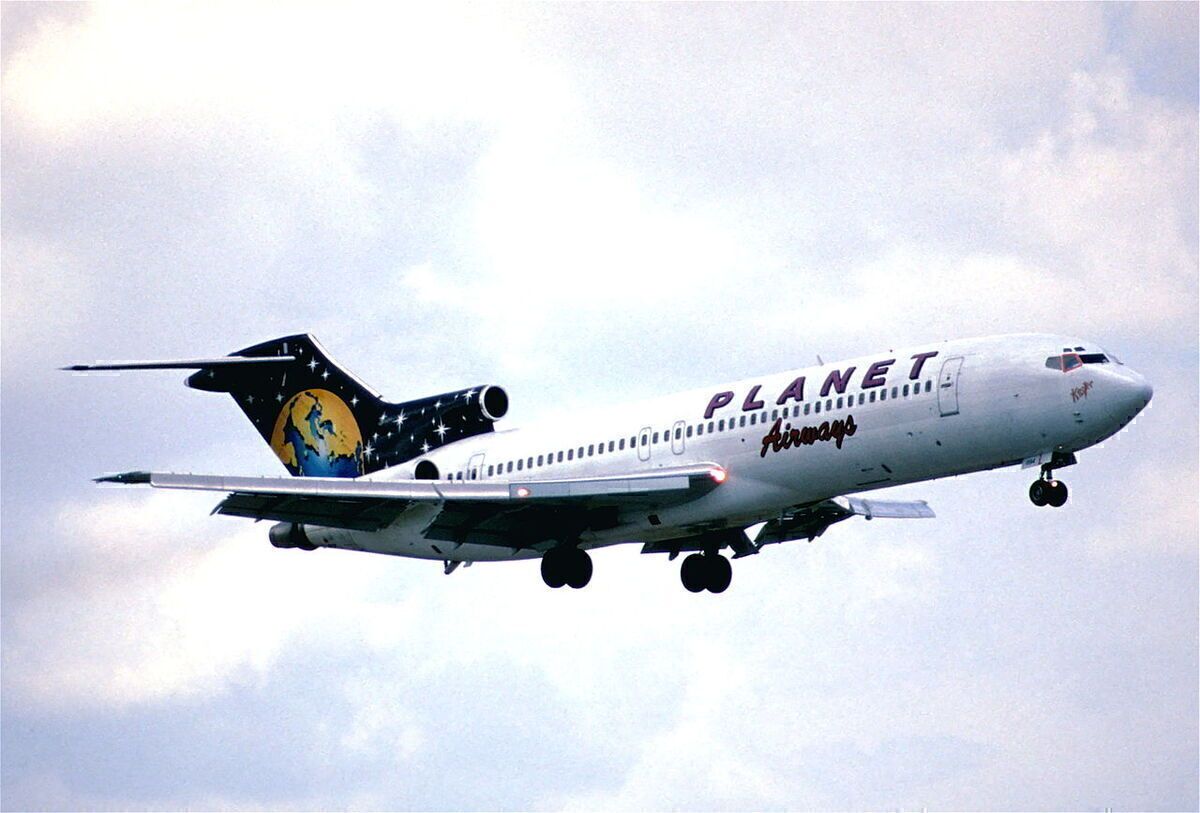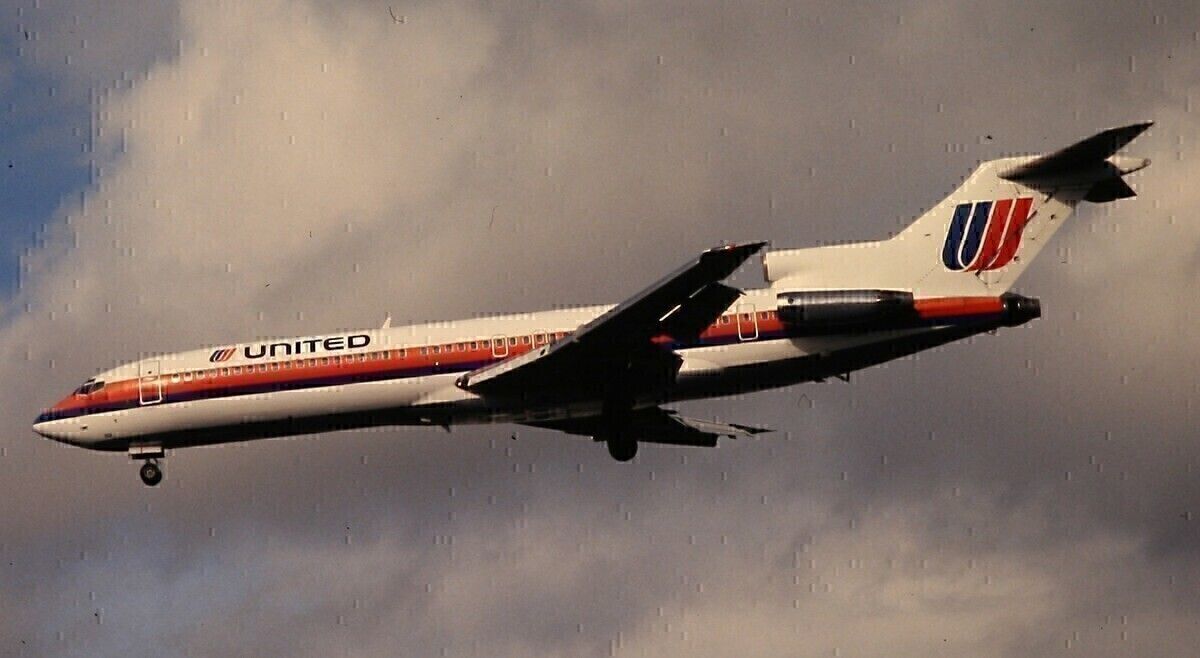There’s an old Boeing 727-200 abandoned at Cuernavaca International Airport, south of Mexico City. The Mexican Government recently posted a warning looking for the owner of the plane. If no one claims it, the Mexican Government will launch an auction to look for a new owner. Let’s investigate the plane’s history.
What did the Government say?
The Boeing 727-200 has been sitting idle inside Cuernavaca Airport for more than 90 days, according to the Mexican Government. Under Mexican law, when an airplane remains inside an airport for more than 90 days without maintenance, the Government can publish an abandonment statement. Then, after a notice period, the Government is allowed to nationalize the aircraft.
We’re currently in the notice period. If the 90 days go by, the Government will do a public auction, looking for a new owner.
So, the question remains: who’s the owner, and why is it abandoned?
Who was the owner?
The Mexican registration of the plane is XA-UII. In ordinary circumstances, that would be enough to know who is the owner of this plane. But that is not the case with this Boeing 727-200.
According to Planelogger.com, the last owner of this plane was Pan Am AirCargo, who received the aircraft in 2007. The serial number of the plane is 19913. It had its first flight in December 1968, and it originally belonged to United Airlines.
Despite that, the plane that we currently see in Cuernavaca doesn’t have the livery of United or Pan Am AirCargo. Instead, it has the colors of an old semi-forgotten Orlando-based carrier, Planet Airways.
Stay informed: Sign up for our daily aviation news digest.
Planet Airways was founded in 1995, and it operated charter services within the US and the Caribbean. It ceased operations in 2005. Throughout its history, Planet Airways had a fleet of seven Boeing planes: six B727-200 and one B727-100.
According to the Mexican newspaper El Diario de Morelos, the B727-200 landed in Cuernavaca after Planet Airways ceased operations. The newspaper added that the plane was sold in a 995,000 pesos deal (approximately $47,000 in today’s exchange rate). But the owner remains a mystery.
It had an accident in 1984
As we said, before Planet Airways, the B727-200 belonged to United Airlines. Boeing initially delivered this plane to United. It remained in the company until 1994.
In May 1984, the plane was involved in an accident at Denver-Stapleton International Airport.
According to a report, the aircraft struck an ILS localizer antenna, 1,074 feet from the departure end of the runway during takeoff. The hit damaged the lower fuselage. The crew had to return to the airport and land after it was unable to pressurize the aircraft.
There were no casualties or injuries due to this accident. The ensuing investigation stated that the aircraft encountered wind shear from microburst activity.
What will happen with the plane?
Abandoned planes are a global problem. Last year, Simple Flying reported about Spain’s issues with abandoned aircraft. In the previous two decades, the economic crisis left many bankrupt airlines, which then decided to abandon its airplanes on tarmacs across the world.
Since no one gives maintenance to these forgotten planes, they lack airworthiness conditions to operate again. Hence, the majority of these aircraft are sold for scrap. But, what else can someone do with these abandoned flying machines?
Across the world, many entrepreneurs have turned old airplanes into boutique hotels. There’s even a Boeing 727 serving as a hotel in Costa Rica.
In Mexico, though, there has been a trend to use abandoned airplanes as libraries. In the middle of Mexico City, near the airport, there’s a McDonnell Douglas DC9-14. This plane, called Tlatoani (a Nahuatl word which roughly translates to a lord), previously served to Aerocaribe.
Elsewhere in Mexico City, a Boeing 737-200 is also working as a library.
If you were to buy an abandoned plane, what would you do? Let us know in the comments.


